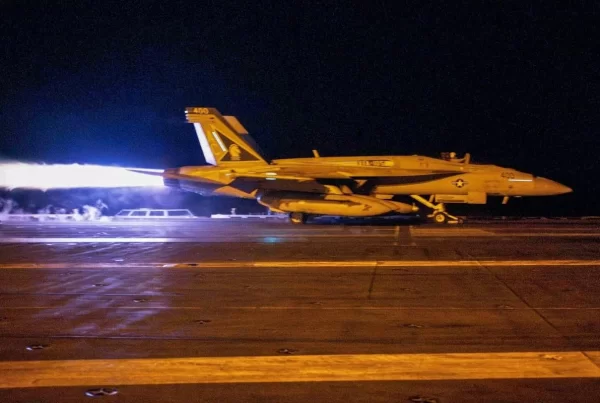This past Tuesday, President Barack Obama delivered his final speech to the United Nations General Assembly in New York. Though he tried to sound optimistic, he couldn’t help but strike a rueful tone. Gone was the global media darling who electrified world leaders in 2009—that Obama was “determined to act boldly and collectively on behalf of justice and prosperity at home and abroad.” The graying, deliberate Obama of 2016 could offer only limited aspirations of a “course correction” in world politics, while pondering why cycles of conflict and suffering persisted. Though the president advocated for the “hard work of diplomacy” in places like Syria, he also elaborated on one of his recent, common refrains, cautioning that in the Middle East “no external power is going to be able to force different religious communities or ethnic communities to co-exist for long.” Across the region, “we have to insist that all parties recognize a common humanity and that nations end proxy wars that fuel disorder,” Obama said.
day later, the U.S. Senate held a rare debate on the sale of arms destined for another war in the Middle East. The deal, for $1.15 billion in weaponry to Saudi Arabia, including over 150 Abrams tanks, is a drop in a bucket: more than $100 billion in arms sales to the kingdom have already been approved by the Obama administration. But a year and a half into the kingdom’s relentless war in Yemen, opponents of the new sale see it as an outright affirmation of Washington’s involvement in a deadly, strategically incoherent war that the White House has kept largely quiet about. What’s more, it is at odds with Obama’s apparent distaste for regional proxy wars.
Since March 2015, Saudi Arabia has targeted Yemen’s Shia Houthi militias and their allies, loyalists of former President Ali Abdullah Saleh, who two years ago seized the Yemeni capital Sanaa by force. Several months later, they drove the Saudi-backed President Abd Rabbu Mansour Hadi into exile. When Saudi King Salman announced the intervention in Yemen—an intervention the kingdom has painted as a proxy war with Iran, its regional foe—the White House immediately authorized a support package that included intelligence-sharing and logistical support for military operations. That package has seen the United States deliver more than 40 million pounds of fuel to Saudi jets over the past 18 months, according to U.S. Central Command. The Saudis would be crippled without direct U.S. military assistance, particularly aerial refueling, which continues unabated.
Farea al-Muslimi, a Beirut-based Yemeni political analyst and cofounder of the Sanaa Center for Strategic Studies, said underwhelming diplomatic efforts by the United States like this have left Yemenis feeling like a beleaguered afterthought. “It is quite disappointing, especially because Yemen is easily solved compared to Syria,” where a political revolution morphed disastrously into sectarian cleansing, he said. Yemen’s war, by contrast, is still largely a matter of local rivalries. “But there is simply no interest or concern” from the United States, al-Muslimi said.






